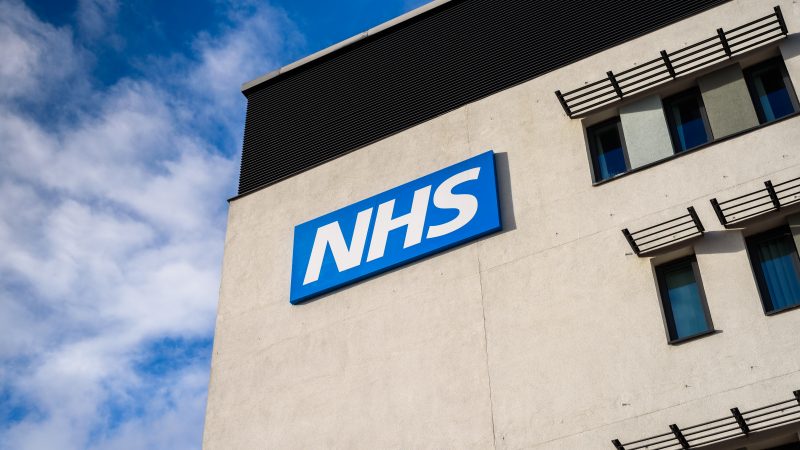
Jonathan Ashworth has declared that bringing down the record high number of people currently on NHS waiting lists must be the top priority for ministers – not “the distracting top-down reorganisation Sajid Javid is pushing ahead with”.
Reacting to NHS England figures, which show that a record-breaking 5.45 million people were waiting to start treatment at the end of June, the Shadow Health Secretary called again for the government to provide a “long-term rescue plan”.
“Today’s NHS stats reveal a health service in a summer crisis struggling without the resources and staff needed to deliver quality care on time. Behind every statistic is a desperately worried patient languishing longer in pain and distress at risk of serious illness or permanent disability,” he said.
More than one million 999 calls were answered last month in a new record for emergency services, and July also saw the highest ever number of ambulance callouts for life-threatening conditions with 82,000 calls – 8,000 more than in June.
Ashworth added: “Bringing down waiting times must be the priority for ministers, not the distracting top-down reorganisation Sajid Javid is pushing ahead with.
“Instead, ministers must deliver a credible long term rescue plan for our NHS and social care sector, guaranteeing the staffing and modern technology that are so desperately needed to bring down waiting times, avoid a winter crisis and provide the exceptional care patients deserve.”
Waiting lists are at their highest since records began in 2007. People waiting more than 52 weeks to start treatment was 304,803 in June, down from 336,733 the previous month but around six times the number from a year earlier (50,536).
3,750,116 have been waiting for more than 18 months. This is the highest number on record and represents almost two in five people on the waiting list.
275,271 people were admitted for routine treatment in hospitals in England in June. This is three times the number a year earlier, although that will have been affected by the first wave of Covid. The number admitted in June 2019 was 289,203.
Figures from May show that 1.2 million people were left waiting more than six months for essential NHS services such as brain surgery and eye treatment, almost five times that recorded before the pandemic in the same period in 2019.
The Institute for Fiscal Studies warned earlier this week that, as a result of people not coming forward for treatment throughout the pandemic, up to 14 million people could be on NHS waiting lists by next autumn.
In its analysis, the IFS said that seven million fewer people joined waiting NHS lists than was normal after the first wave of the virus last year, predicting that many of these “missing patients” are now more likely come forward.
“Even if only two-thirds of the missing patients return then with capacity at 95% of pre-pandemic levels – much more than the NHS is currently managing – waiting lists could easily exceed 13 million (and keep growing),” the institute said.
The Shadow Health Secretary has repeatedly called on the government to take steps to tackle the problem, saying in April this year that “Labour will be using our voice and vote in parliament to demand action to bring waiting lists down”.
Office for National statistics reporting showed earlier this year that the number of people waiting longer than 18 weeks, the maximum waiting time set out in the NHS constitution, had risen across all 18 treatment areas.
Labour highlighted that the number of patients left waiting longer than the maximum period has been steadily climbing, and said that 2016 was the last year in which the statutory 92% of patients being treated within 18 weeks was met.
Ashworth also challenged the former Health Secretary over the timing of major structural reforms unveiled by the government in its health and care bill, described by some campaigners as the ‘corporate takeover’ bill, earlier this year.
The legislation would see section 75 of the Health and Social Care Act 2012, which requires all contracts to be put out for competitive tender, repealed and would reorganise the health service under 42 new regional ‘integrated care system’.
The bill provides for private healthcare providers to sit on ICS boards, responsible for commissioning and bringing together NHS and local government services, and could see companies handed contracts without going through a tender process.




More from LabourList
‘Council Tax shouldn’t punish those who have the least or those we owe the most’
Two-thirds of Labour members say government has made too many policy U-turns, poll reveals
‘Two states, one future: five steps on the path to peace for Israelis and Palestinians’